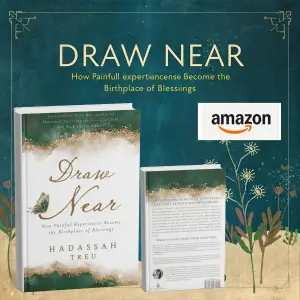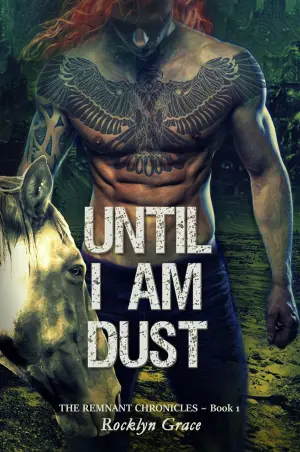Review of The Perks of Being a Wallflower by Stephen Chbosky
The first time I stumbled upon Stephen Chbosky’s The Perks of Being a Wallflower, it was the cover that caught my eye. With its evocative imagery and that promise of teenage angst, I thought, “Finally, a book that might capture the whirlwind of high school life!” As a reader who appreciates the intricacies of youth, I was excited to dive into the world of Charlie—a wallflower navigating the complexities of adolescence. But what began as a hopeful journey soon turned into a personal disappointment.
At its core, the novel follows Charlie, a shy sophomore who grapples with his tumultuous emotions and traumatic past while trying to bridge the gap between his isolation and the vibrant lives of his peers. Through a series of letters addressed to an anonymous friend, readers are introduced to the ups and downs of teen life: friendship, love, and the weight of hidden struggles. Themes like mental health, social exclusion, and the pitfalls of adolescence are not only present but seemingly pivotal. Yet, the execution of these themes left me questioning their depth and relevance.
Chbosky’s writing style is meant to mirror Charlie’s emotional detachment—a choice that, ironically, made me feel equally detached. The prose is often simplistic, bordering on flat, with repeated phrases that dulled my engagement. Phrases like “I don’t know why” and the extensive list of Charlie’s emotional states (sad, happy, confused) felt trite rather than evocative. If the intention was to present Charlie as emotionally inhibited, then the lack of narrative depth left Charlie himself feeling like a cardboard cutout rather than a fully realized character.
Additionally, the serious issues woven throughout the narrative—suicide, depression, sexual abuse—were skimmed over rather than explored with the care they warranted. It felt as if Chbosky tossed these heavy themes into the mix without giving them the space and nuance they deserve, reducing them to mere plot points rather than significant pieces of the human experience. To evoke empathy in your readers, it’s crucial to reveal the intricacies of pain, and unfortunately, I found myself wishing for more insight into Charlie’s mind—an understanding of his tears beyond just the surface-level portrayal.
While I acknowledge that some readers may find Charlie’s narrative relatable, I found it lacking the emotional resonance I crave in literature. The potential for a nuanced exploration of trauma—whether it’s childhood experiences or hints of autism—was overshadowed by the book’s pacing and surface-level treatment. Charlie’s frequent emotional episodes became tiresome rather than profound, making me question whether Chbosky had the depth to navigate such a complicated landscape effectively.
Ultimately, while I can see how others may connect with Charlie’s story or find solace in his struggles, the reading experience left me feeling unsatisfied. If you’re drawn to raw, relatable depictions of youth and the messiness that comes with it, perhaps this book will resonate with you. However, if you’re like me—someone who seeks depth and intricate storytelling—you might leave this novel feeling frustrated with its unfulfilled potential.
In reflection, while The Perks of Being a Wallflower didn’t leave the mark I hoped for, it did give rise to some important dialogues about the nature of storytelling, and the responsibilities authors hold when delving into sensitive topics. Perhaps the film adaptation offers a fresher perspective, but my experience with the book left me yearning for more.
Discover more about The Perks of Being a Wallflower on GoodReads >>






